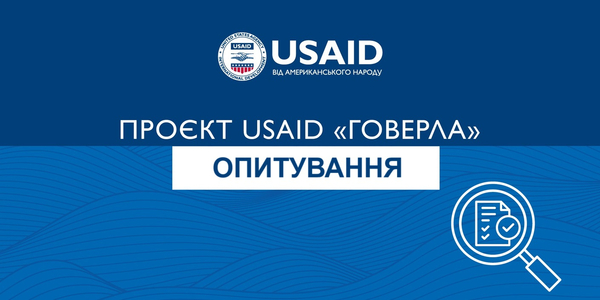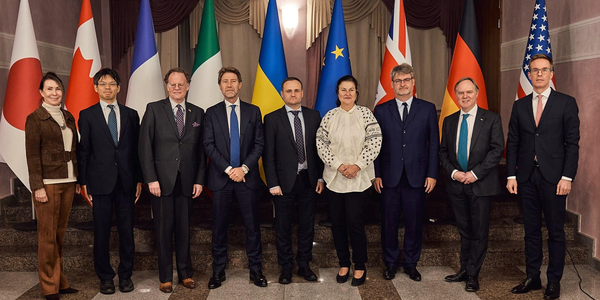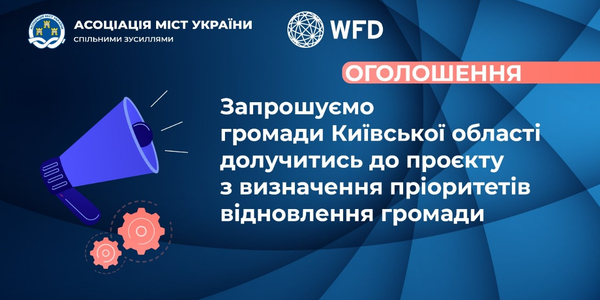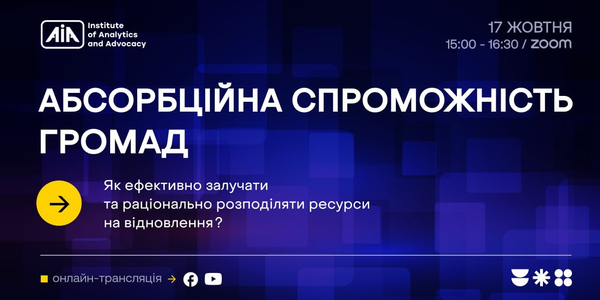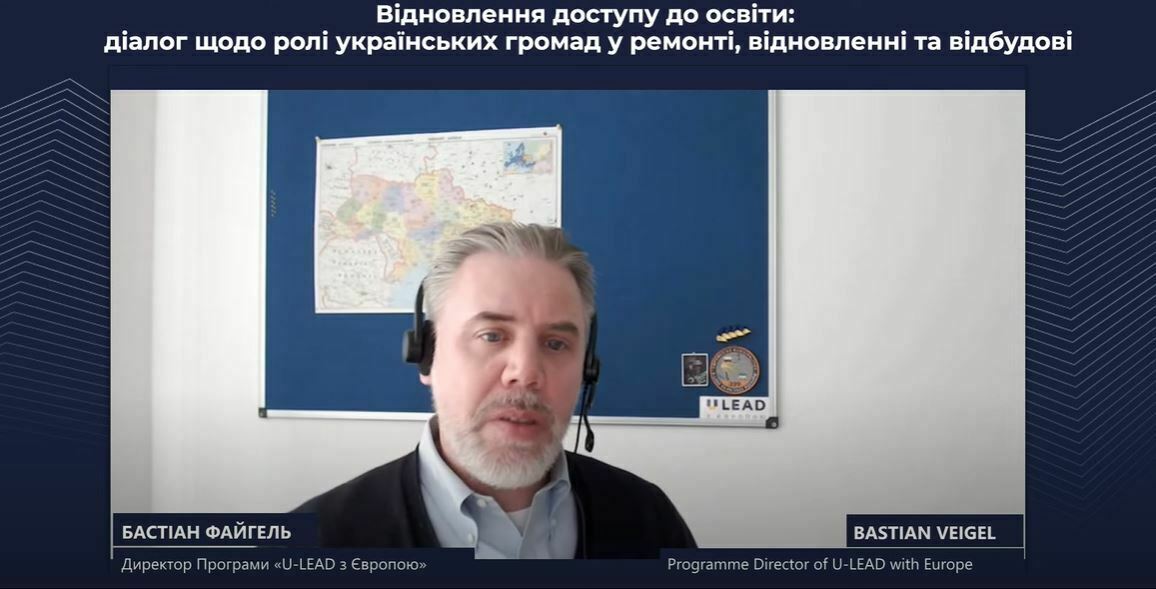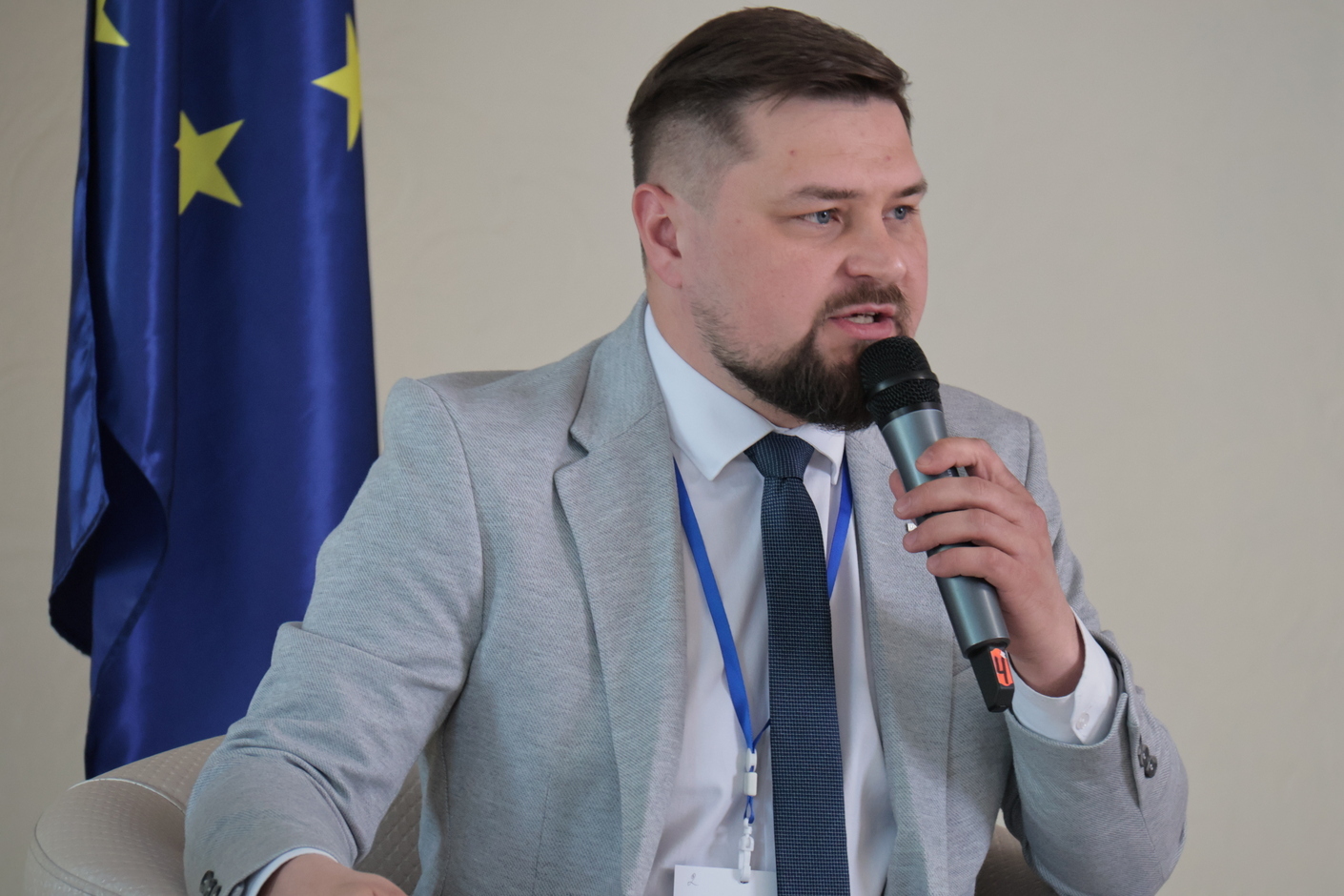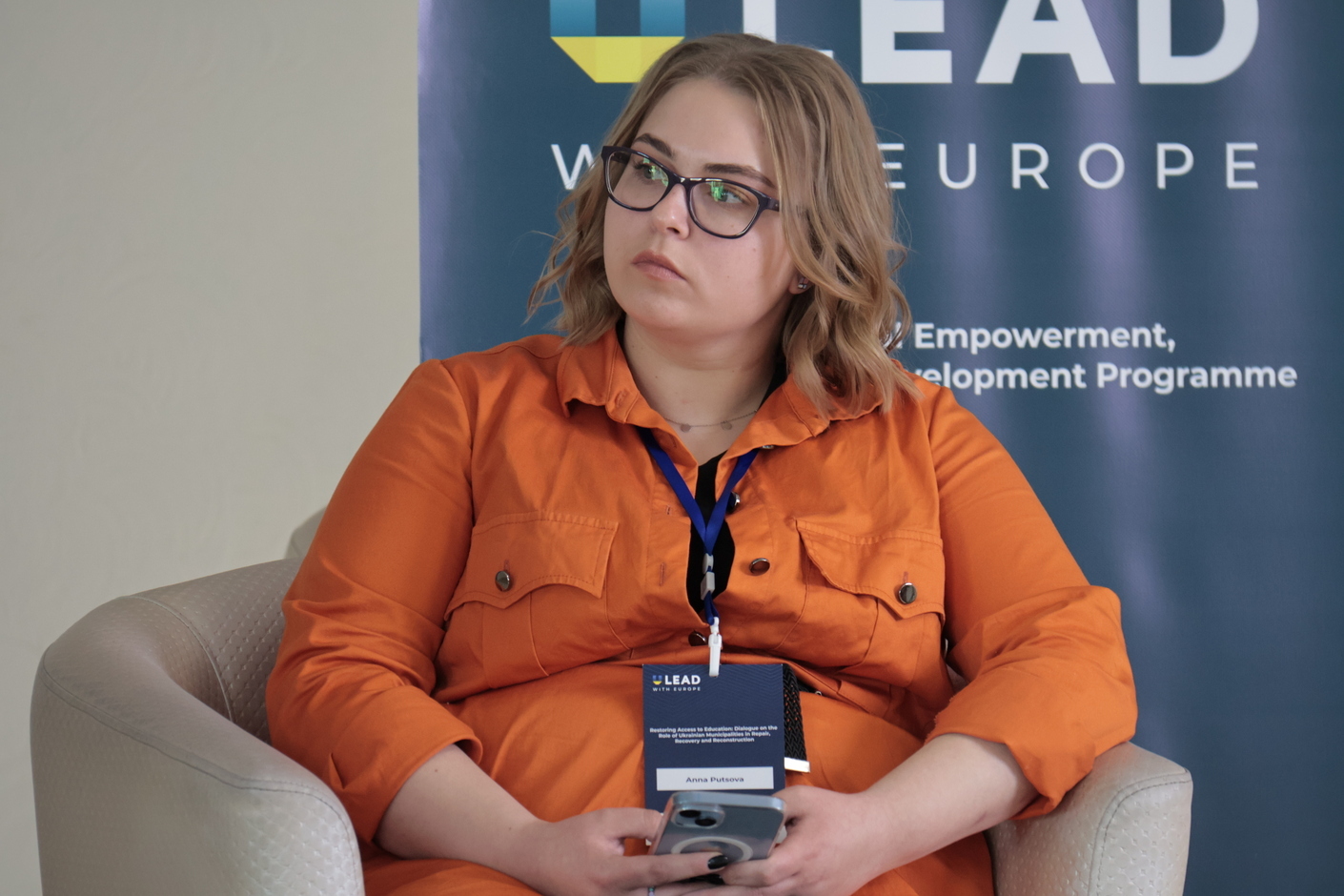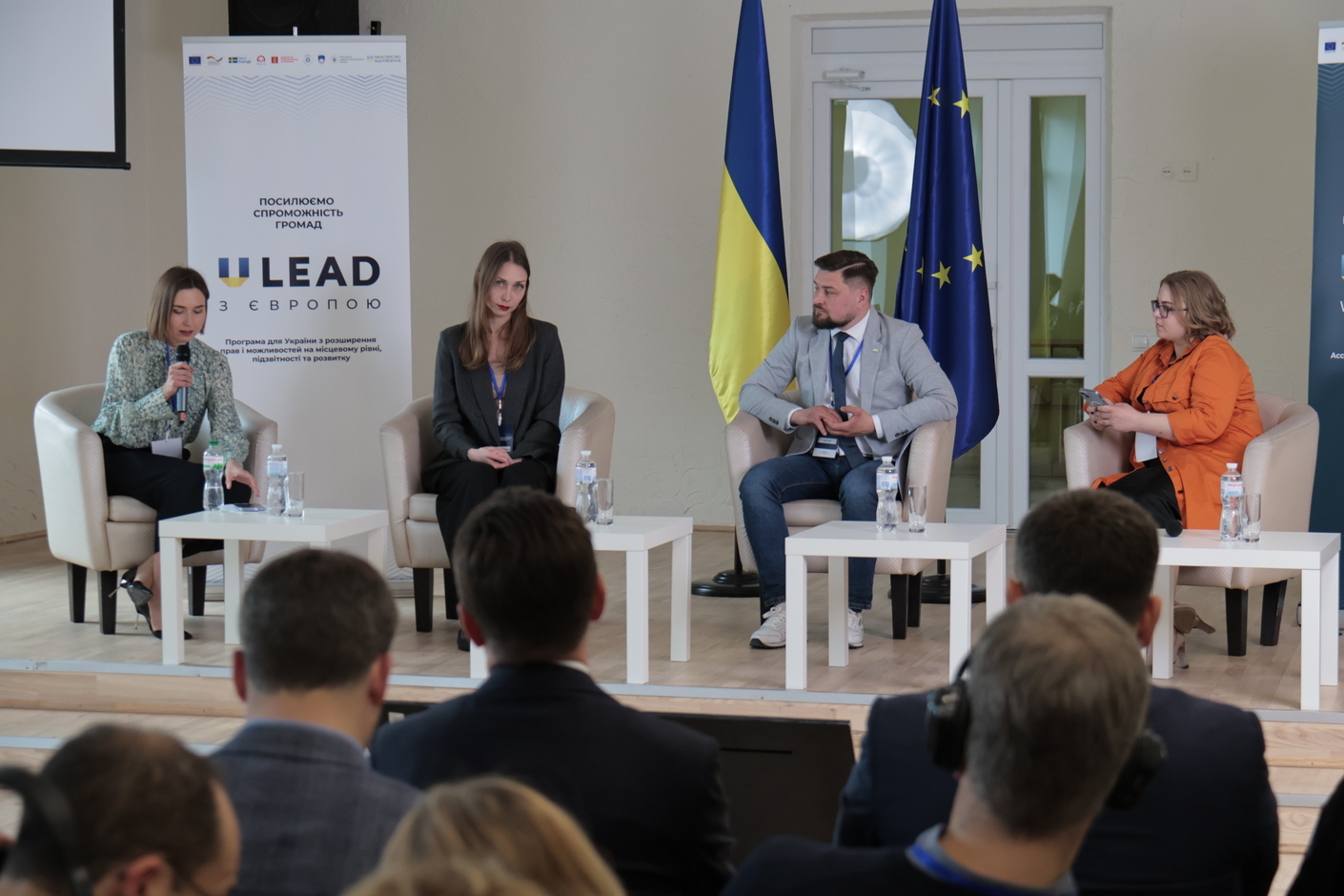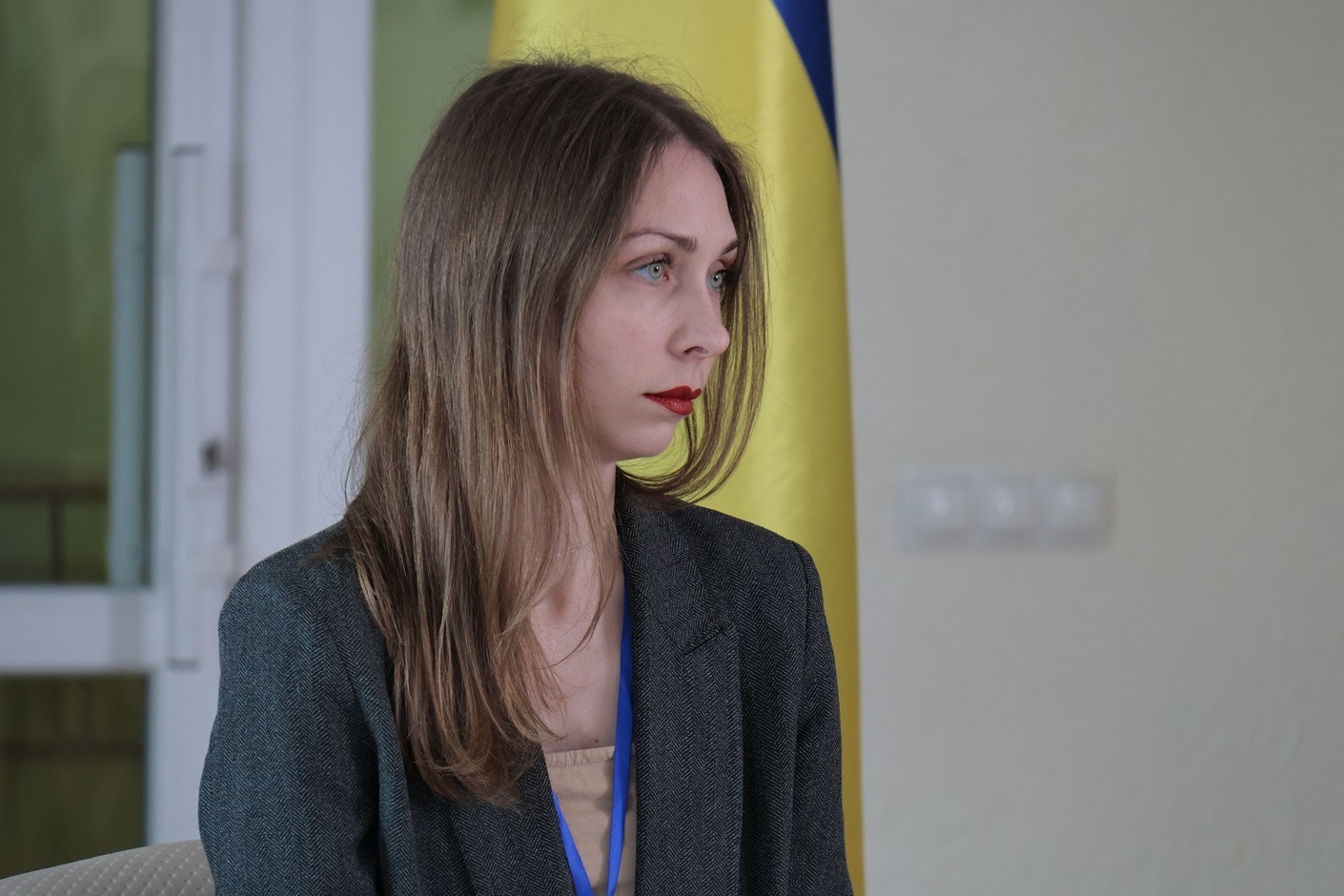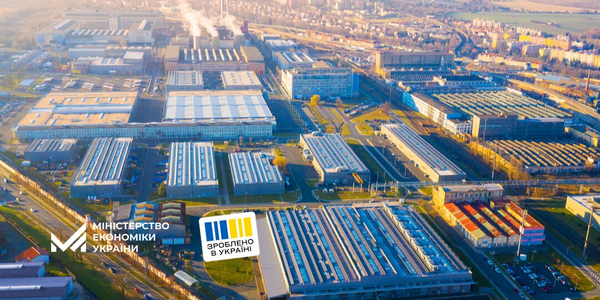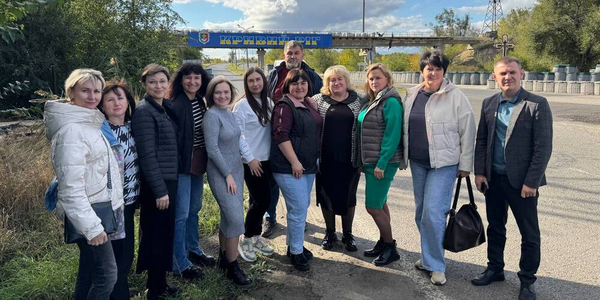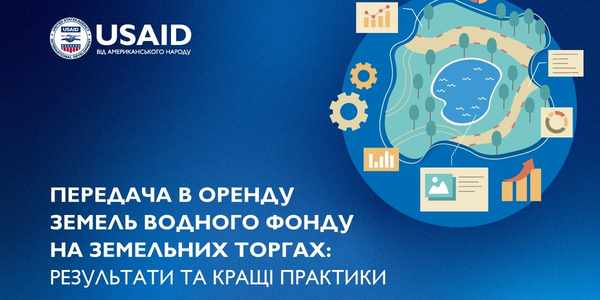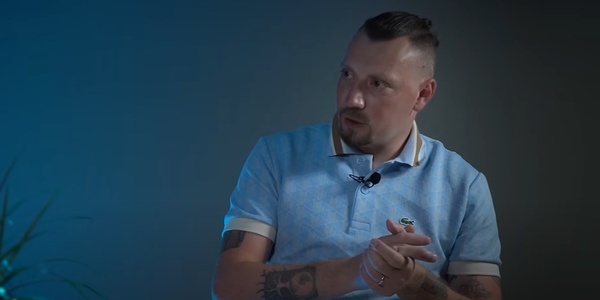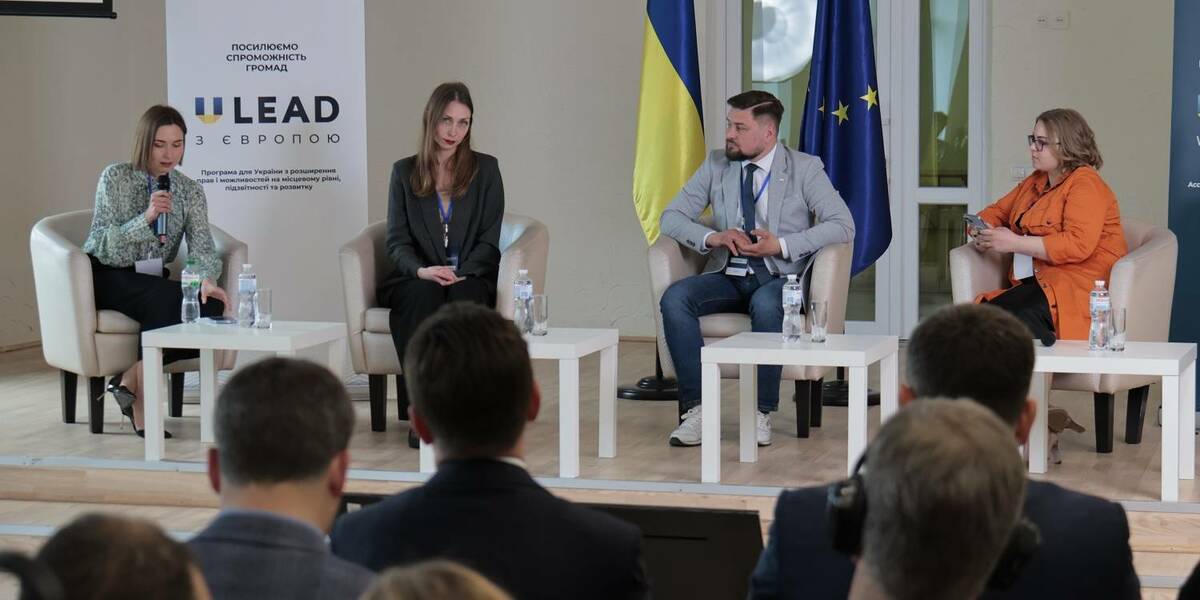
In Chernihiv, three NGOs – partners of U-LEAD with Europe – presented their vision of the quickly restoration of the access to education for children in the de-occupied territories or territories affected by Russian aggression.
This topic was discussed at the seminar “Restoring access to education: dialogue on the role of Ukrainian municipalities in repair, recovery and reconstruction” organized by U-LEAD with Europe, Ukrinform informs.
At the beginning of the event, Programme Director U-LEAD with Europe, Bastian Veigel, emphasized the importance of cooperation in the field of reconstruction.
“Ukrainian municipalities use available resources, such as educational subventions, but also the help of various public organizations, in particular charitable foundations, such as savED. In cooperation with local authorities, it becomes possible to restore access to education, as well as to extracurricular activities, which greatly contribute to children’s development,” he said.
The organizations “Brave to Rebuild”, savED and Pro.svit presented their projects.
Vitaliy Selyk, representative of the “Brave to Rebuild” NGO, said that out of the 25 schools they visited, 12 were selected, in which quick repairs are planned to be carried out by September 1, 2023, with U-LEAD’s support. Of the selected schools, seven are located in Kharkiv region, two – in Kyiv region, three – in Chernihiv region. Among the latter, in particular, there is the Novyi Bykiv Lyceum, in the immediate vicinity of which there were battles with the Russian invaders in the spring of 2022.
Before the start of the full-scale invasion, 1,913 children studied in these schools, and 3,289 students will go to them this autumn. According to Vitaliy Selyk, these schools should become hub ones, partially replacing those in which education is currently impossible.
Reconstruction will include the repairs of roofs, windows, entrance and interior doors, 112 common areas and 41 toilet rooms, as well as restoration of damaged electricity. Wide involvement of volunteers, in particular professional builders, will make it possible to repair cheaper and faster. Vitaliy Selyk noted that people from 20 countries will participate in the reconstruction, but the project also expects the active participation of local residents.
Anna Putsova, head of the regional development at savED charitable foundation, which takes care of restoring access to education for children from de-occupied and war-affected municipalities, spoke about the development of digital learning centers (DLC). They are aimed at providing at least minimal access to education for children in hromadas affected by the war unleashed by Russia against Ukraine. These are municipalities where educational infrastructure has been destroyed or damaged, those with many migrant children, and those located in the areas where offline learning is prohibited for security reasons.
To help children, the organization arranges individual places for students and teachers to work (access to computer equipment with which training is carried out), provides support in the form of individual and group consultations, assistance in learning previously uncovered material, access to extracurricular activities, work with psychologists, etc.
According to Anna Putsova, there are currently 30 digital learning centers in Kyiv, Chernihiv and Mykolaiv regions. Within the framework of cooperation with U-LEAD with Europe, the number of centers is planned to increase by 25 by the end of the year, expanding the geography to Kharkiv region.
Head of the NGO Pro.svit Oleksandra Pietushkova presented the “Pro.Community” project developed with the support of U-LEAD with Europe. It involves creating not only a safe, but also an environment conducive to children’s learning. Ms Pietushkova sees a big role of education managers in this, so special attention will be paid to their training. Another goal of the project is to improve the safe behavior skills during the war of the educational process participants. And in addition – to create a strong network of education managers for support and experience exchange.
As a result, Oleksandra Pietushkova notes, it is planned that 50 municipalities will become examples of a safe educational environment.
